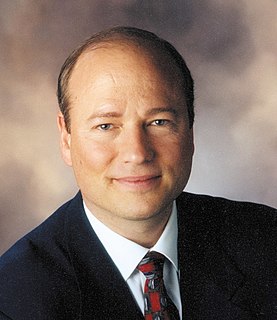A Quote by Simon Critchley
Any philosophical and theoretical assurance that laughter is unique to the human being becomes somewhat unsure when one turns to the anthropological literature.
Related Quotes
Most British playwrights of my generation, as well as younger folks, apparently feel somewhat obliged to Russian literature - and not only those writing for theatres. Russian literature is part of the basic background knowledge for any writer. So there is nothing exceptional in the interest I had towards Russian literature and theatre. Frankly, I couldn't image what a culture would be like without sympathy towards Russian literature and Russia, whether we'd be talking about drama or Djagilev.
In the first place a philosophical proposition must be general. It must not deal specially with things on the surface of the earth, or within the solar system, or with any other portion of space and time. . . . This brings us to a second characteristic of philosophical propositions, namely that they must be a priori. A philosophical proposition must be such as can neither be proved nor disproved by empirical evidence. . . . Philosophy, if what has been said is correct, becomes indistinguishable from logic as that word has now come to be used.
Existence loves laughter. You may have observed, or not, that man is the only animal in the whole of existence who is capable of laughing. Laughter is the only distinguishing mark that you are not a buffalo, you are not a donkey; you are a human being. Laughter defines your humanity and your evolution. And the greatest laugh is at your own ridiculous things.
A human being - what is a human being? Everything and nothing. Through the power of thought it can mirror everything it experiences. Through memory and knowledge it becomes a microcosm, carrying the world within itself. A mirror of things, a mirror of facts. Each human being becomes a little universe within the universe!







































